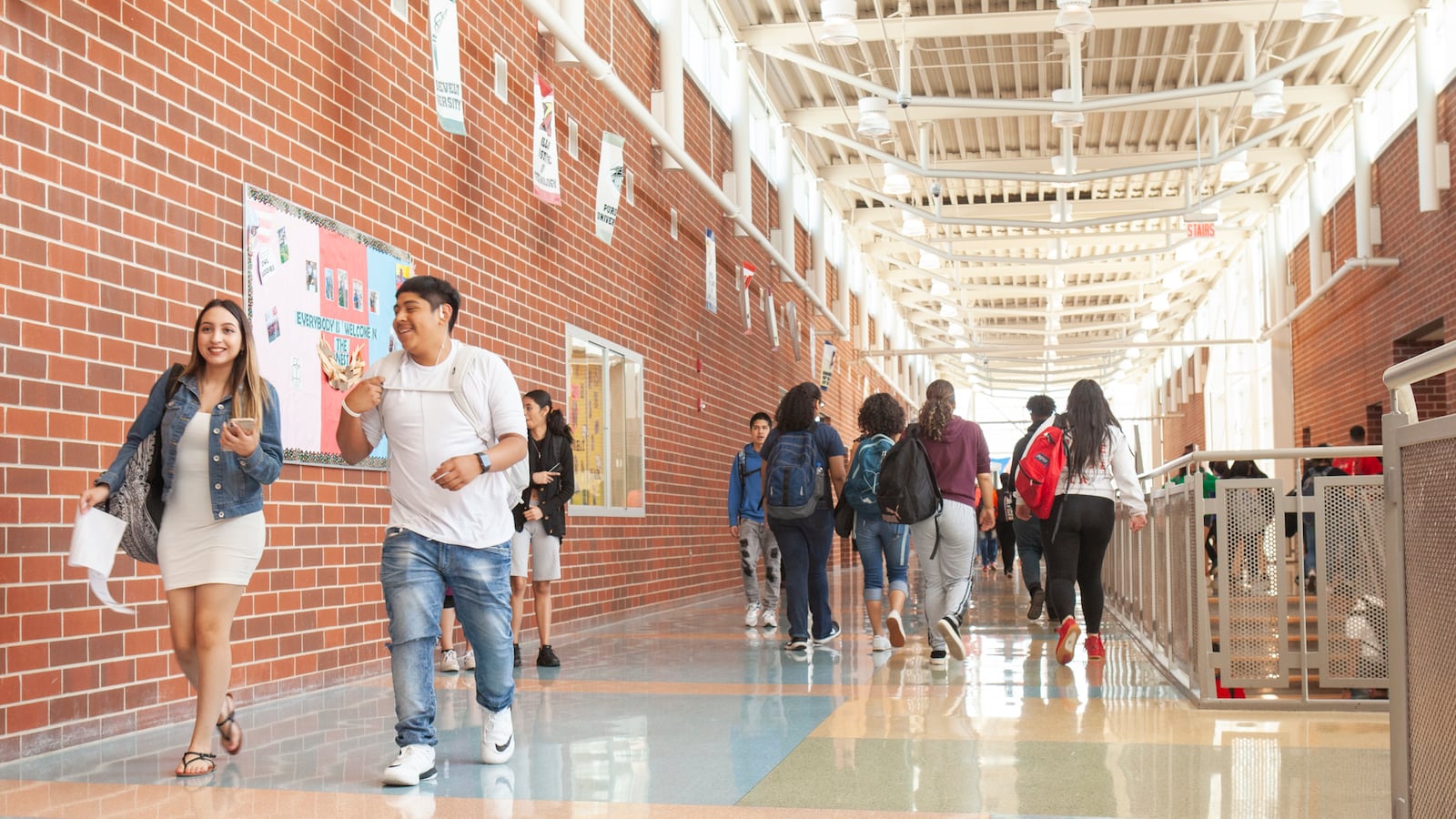Since 2011, Chicago has increased enrollment in rigorous Advanced Placement courses by 53%, an effort that has won the district national praise.
But the growth obscures lingering gaps in the program by gender, by race, and by class — and the fact that a handful of Chicago high schools don’t offer students the option of taking AP at all.
On Wednesday, the board of education voted to pay a Washington state-based organization $235,000 to help six targeted schools close gaps in access to AP and International Baccalaureate classes. The consultants, Equal Opportunity Schools, will continue its two-year-old work with six other Chicago high schools.
Related: In one Chicago neighborhood, three high schools offer dramatically different opportunities
Before the vote, Board President Miguel del Valle asked a district official whether or not all Chicago Public School campuses even offer AP classes. The answer was that at least eight schools don’t. Del Valle emphasized that the district’s partnership was focused on closing gaps despite a complete lack of access in some places, and noted there are many schools offering AP classes that aren’t included in this specific equity push.
“At what point do we do it ourselves, using the tools and all we’ve learned from this project, and make sure it’s happening in all of our high schools?” Del Valle said.
Districtwide, a far higher percentage of white and Asian students enrolls in advanced classes than do African-American and Latinx students. And there are major gender gaps.
For instance, at the six new schools the consultants will work with, male students are vastly underrepresented in AP courses, according to the district’s latest demographic breakdown of AP student enrollment. At Gwendolyn Brooks College Preparatory, a predominantly black selective enrollment school, female students comprise two-thirds of AP pupils. At the predominantly Latinx North-Grand High, black students are 18% percent of the schoolt, but only 9% of AP enrollment.
Related: Chicago schools equity chief promises new decision-making tool this summer
The consultants will work with the schools to identify inequities in access to rigorous coursework, and find students in need of additional support or encouragement or who have been overlooked or face barriers but show potential to handle the classes. The group will analyze student academic records and surveys to help determine the size and causes of the gaps at schools, develop best practices and boost leadership capacity for closing them, according to the agreement.
“We can learn from the work that they’ve been doing,” said Chief Education Officer LaTanya McDade. “They have an approach that goes beyond just pushing students into wanting to enroll, they survey the hearts and minds of students.”
Equal Opportunity will also develop plans to recruit and support students, train teachers to back them up, and produce metrics and standards and an annual reporting framework.
Besides Brooks and North-Grand, the consultant will work with Thomas Kelly College Preparatory, Kenwood Academy High, Nicholas Senn High and Friedrich Von Steuben Metropolitan Science High.
Related: CPS report spotlights big vacancies, lopsided options for students
Equal Opportunity Schools’ work in Chicago began in 2017 with six schools: Chicago Agricultural High School, Curie High School, King College Prep, Lake View High School, Mather High School, and Morgan Park High School.
The district says that those schools have established best practices and can reliably continue the work of identifying students and supporting them. The consultants will continue supporting those schools for a third year.
The district couldn’t immediately provide updated AP access demographic statistics on Wednesday. But the latest data, from 2017 showed serious racial and gender gaps. At both King High School and Morgan Park High School, more than 70%t of AP students were female. Chicago Agricultural Academy is about 32% white, but 61% of AP students were white, while less than 9% of AP students were black despite them being 46% of the student body.
Here’s a copy of the school board’s agreement with Equal Opportunity Schools.

